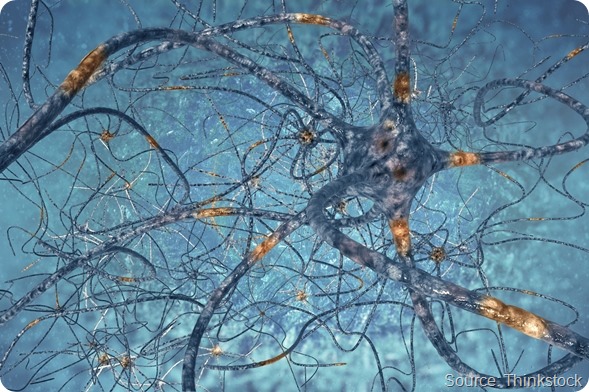Researchers have discovered a process that appears to explain how a well known enzyme mutation triggers the neural deterioration seen in Parkinson’s disease.
In a report published in Cell, Ted Dawson and colleagues from the Johns Hopkins Institute for Cell Engineering explain how mutations in LRKK2 [leucine-rich repeat kinase 2] may lead to the degeneration of dopamine neurons.

“For nearly a decade, scientists have been trying to figure out how mutations in LRKK2 cause Parkinson’s disease,” said Margaret Sutherland from the National Institute of Neurological Disorders. Now, Dawson and team have found that this kinase enzyme acts on a protein that forms an important component of ribosomes, key structures that are responsible for protein manufacture.
A kinase is an enzyme that can activate a protein by transferring a phosphate group to it, to “switch” it on or off. Over the years, researchers have managed to establish that the activity of mutated LRRK2 worsens neurodegenerative loss, but, until now, they have not been able to find exactly which proteins the enzyme acts on.
By using LRRK2 as a type of “bait”, Dawson and colleagues searched for these proteins. Much to their surprise, they found that many of the proteins were associated with important cell components such as ribosomes. After running further tests to see which proteins LRKK2 was activating, the team discovered three potential ribosomal proteins.
Using nerve cells isolated from rats, fruit flies and humans, the researchers then tested the effects of altering these proteins. They found that when one of the proteins – s15 – was changed in a way that prevented its activation by LRRK2, nerve cells were prevented from dying.
Dawson says that nobody had anticipated that LRKK2 could be instrumental at a level as fundamental as protein manufacture. “When you go fishing, you want to catch a fish. We just happened to catch a big one,” he comments.
The researchers are now conducting further studies to unravel exactly how excess protein production might contribute to the degeneration of dopamine neurons. They also plan to test the effects of blocking the action of LRRK2 on s15 in murine studies.